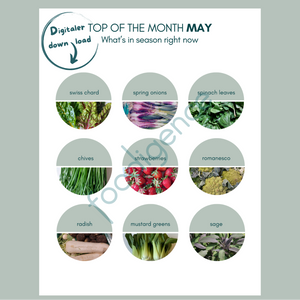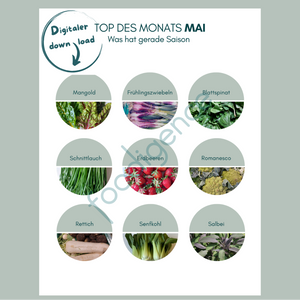
Topics
May we introduce you to the "top performers" of great foods. You simply should get to know them better! Are you ready?
buckwheat
Buckwheat: What makes it so unique 
Buckwheat profile
 Botanical name
Botanical name
Fagopyrum esculentum MOENCH
Family
Knotweed family
nickname
heather grain
Origin of the name
Origin of the name derived from the similarity of appearance to the beechnut
Meaning further information
Buckwheat belongs to the knotweed family and is therefore not a grain.
In Germany, buckwheat was known as “heather grain” until the 19th century because it grew wild in the local heath and moor landscapes.
Origin/Cultivation
Country/area of origin Central Asia, East Africa Time Cultivated since prehistoric times (4000 BC) Spread to Europe via the Silk Road in the Middle Ages
Meaning/Significance Buckwheat was long considered the “wheat of the poor”, only with the advent of whole foods did the nutrient-rich buckwheat gain a new meaning. More information
Facts in brief: despite the word “wheat”, it is not a grain and therefore gluten-free
Buckwheat as a plant has low demands on the soil and scores with a long flowering period - ideal for insects
Happen
Sprouts / Microgreens: own local cultivation
Plants (main areas): Asia, Kazakhstan
Plants (Europe): France, Poland, Slovakia, Slovenia, also Germany (Brandenburg, Mecklenburg-Western Pomerania) Season/Harvest (DACH)
As germs/microgreens & sprouts, easy & quick to grow all year round
Season/Harvest Europe
JAN x FEB x MAR x
APR x MAY x JUN x
JUL x AUG ˽ SEP ˽
OCT ˽ NOV x DEC x
x not available ˽ Outdoor 2 Ո Storage / Greenhouse
Storage conditions
Seeds: airtight, dry, protected from light
Tip: Due to their dry state, the seeds can be stored and preserved almost indefinitely
Edible parts
Sprouts, seeds
Preparation form
sprouted, raw, cooked













